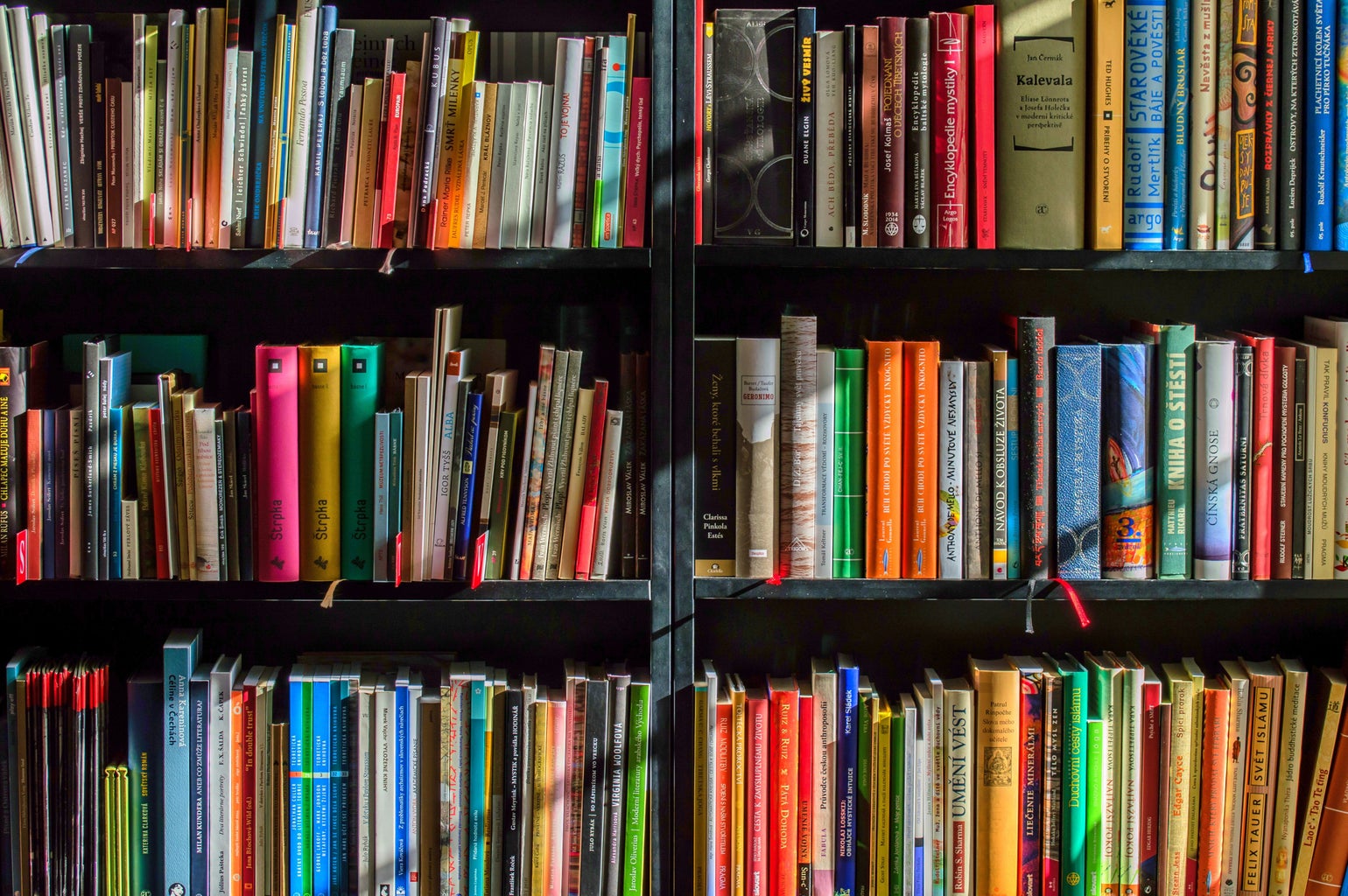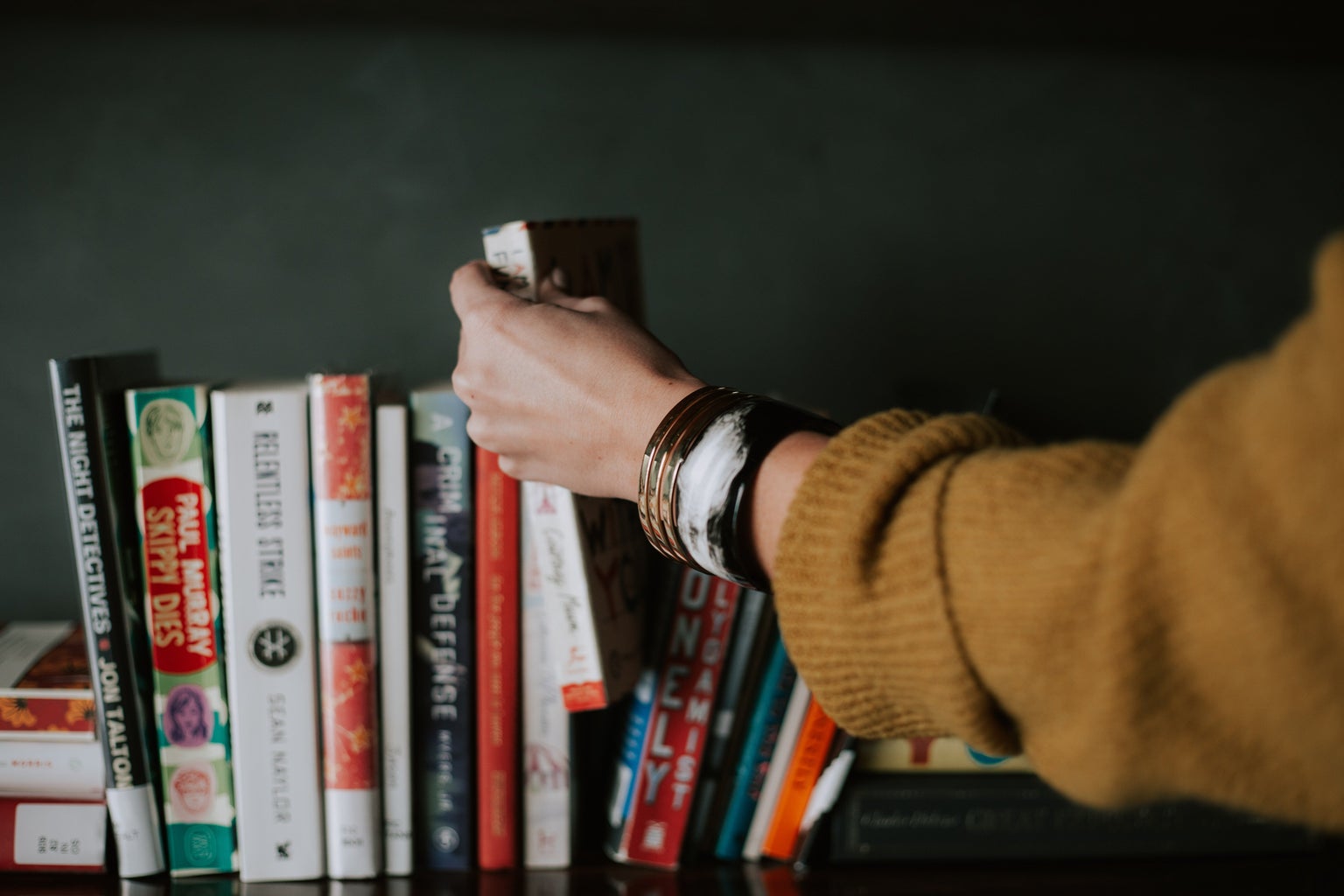“Wait, you’re reading for pleasure?” Over the last few years, this question has worked its way into a lot of conversations with friends. As a recently graduated English major, I’ve been met with a lot of disbelief when I tell people—English and non-English majors alike—that I try to keep a steady stack of unassigned books on my nightstand and actually read them throughout the semester. Let me tell you right away that this wasn’t always the case. For the first two years of my degree, I was in such need of a break that I barely remember picking up a book during the summer, let alone the school year. But as I moved into my third year and started to be assigned novels instead of endless strings of excerpts and short stories, I realized just how deeply I had missed reading for the simple sake of it. After all, wasn’t that why I had become an English major in the first place: because I loved to read?
In what follows, I’ll try to make a compelling argument for reading for pleasure this semester. English major or not, if you have ever loved or longed to read, here’s why I think you should give reading—anything and everything—for pleasure a shot this semester.
While it might seem like I’m a glutton for punishment (and okay, maybe I am) to consider adding another book or even page to the seemingly endless stack of books, articles, and content we’ll all have to chip away at this semester, I’ve realized that reading for pleasure doesn’t have to feel like more work.
In an article for The New York Times, novelist Ben Dolnik describes his longtime habit of devoting about five to 10 minutes to reading a book before bed. And while that sounds good to me, especially if it’s a regular habit, for Dolnik, these “snatches” of time, as he calls them, were insufficient to really become invested in the novels he was reading. He writes that he was “reading less because [he] was enjoying it less, which made reading even less enjoyable, which inclined [him] to read even less.” You can see how this had quickly become a vicious circle of not reading, and certainly not reading for pleasure. As a result, the article argues for the virtues of binge-reading or simply taking the time to really sit down (for an hour or so) with a book. And while I’d love to be able to say that I have all this time to leisurely devote myself to reading to my heart’s content, we both know that once the school year starts, this isn’t really attainable. (Okay, maybe on a good Sunday morning, but that’s about it.) And so, while Dolnik describes how he came to realize that this “fitful” (as he describes it) reading was stopping him from really getting “into” the books he was reading, I’ve had the opposite experience. For me, it has precisely been those five to 10 minutes, or whatever it is that I can squeeze in before bed, that has been a powerful gateway to devoting more and more time to reading for pleasure during the school year (even if that’s only up to 20 minutes). I feel that for often mind-numbingly busy students, this small gesture of integrating reading into our lives might be exactly what we need.
After a few years of trying to read more (both in volume and in variety of books), I’ve come to realize that I find it much easier to keep up a reading practice when I always have a book on the go (I’ll also say that tracking my goal of reading the equivalent of one book for every week of the year on GoodReads has also been remarkably motivating!). I find that it’s much easier to read a book once you’ve started it. And by “started it,” I really mean barest bones, opened it up, read the first sentence, started it. I mean, don’t the books we really want to read have an interesting, provocative, or confusing first sentence anyway? Not to put even more pressure on the infamous first sentence, but I’ve found that telling yourself you’ll only read the first sentence often leads to the next and the next, and before you know it: you’re hooked, you’ve started your next read.
So regardless of whether it can feel vaguely inefficient or even slightly punishing at times, I’ve come to realize that I feel a lot happier when I’m reading and when I’ve been reading. It gets me off my phone, away from my blue light (I know, I know, we’re getting preachy here, but I’m almost done), and into bed. It also gets me, amazingly, away from what I do all day (despite the fact that what I, as an English graduate student, mostly do all day is read). In short, leisure or pleasure reading during the school year has allowed me to take back reading, as dramatic as that may sound, and make it my own again. I’d be lying if I told you that it hasn’t been a process to not feel guilty about doing my leisure reading when I inevitably have so much assigned reading I could be doing. But I realized (and eventually solidified for myself) how illogical it was to accept watching a movie or scrolling online as a break—a needed and necessary separation from my studies and something I still do—yet refuse to see reading, for my own and for its own sake, as a break, too. And so read, please. Read widely and read what you like, and read it with abandon, whether that be an article or a magazine, an essay, a short story, a novel, a cookbook, or a comic book—just read, especially if it’s printed, paper, and analog. Get out of your brain and into the words, just for you and for no one or nothing else (especially not for school).





